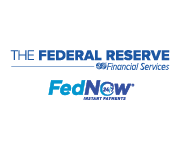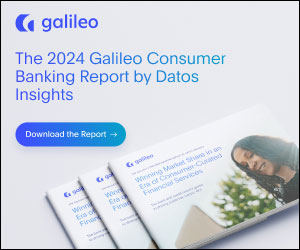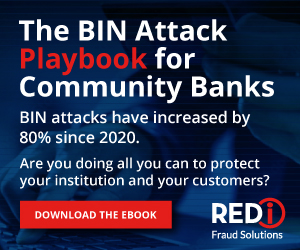|
This ABA Banking Journal newsletter is a free, twice-monthly supplement to the ABA Banking Journal magazine intended to help you stay on top of industry and policy news.
You can also stay abreast of banking news by visiting aba.com/BankingJournal, home to ABA Daily Newsbytes stories, digital exclusives, the ABA Banking Journal Podcast and more.
Please note, there will not be an edition of ABA Banking Journal newsletter on Friday, December 27.
The newsletter will return to your inbox on Friday, January 10.
|
The holiday season is not just a season of giving gifts to friends and family—for many, it’s also a season of giving philanthropically. Donor-advised funds are emerging as a strategic tool for clients who seek tax efficiency alongside philanthropic effectiveness.
|
Saved by the bell? Millions of American businesses faced a January 1 deadline to register their beneficial owners with the Financial Crimes Enforcement Network — until a federal judge issued a preliminary injunction stopping FinCEN from enforcing the deadline. On this episode of the ABA Banking Journal Podcast, ABA experts Heather Trew and Jonathan Blum discuss what bankers and their business clients need to know about the preliminary injunction and its provisions.
|
“Fraud as a service” is a growing business in which criminals commit fraud by offering tools, services and infrastructure for a fee. Often found on the dark web, in recent years this model has become prominent on social media channels as well, turning unwitting as well as witting participants into “money mules” who help traffic money to criminals through bank accounts.
|
It’s been almost a century since Thomas Edison left us, but he left behind an idea that banks ought to be cashing in on. While it can feel like a punch in the gut to watch digital-first fintech upstarts picking off customers, there are ways for traditional banks to retain their customers and create digital user experiences to entice new ones.
|
A ‘single stack’ approach to capital would be efficient, flexible for smaller banks, sensitive to risk — and aligned with global standards and U.S. law.
|
Requirements to pledge specific amounts of collateral to the discount window could make banks more dependent on the Fed, crowding out well-functioning market options like the repo market and the FHLBs.
|
With a little over a month left in the Biden administration, the CFPB has finalized a controversial rule on overdraft protection.
|
ABA members believe that the Federal Reserve’s discount window processes and operations are opaque, awkward and inefficient, and they have several suggestions for how to improve the service, ABA said in a letter to the Fed.
|
The House voted 208-196 today in favor of legislation to strengthen federal standards that require regulatory agencies to consider the economic effects of regulation on businesses. The Prove It Act (H.R. 7198) would increase small business input in the regulatory process and strengthen protections for small businesses that were established through the Regulatory Flexibility Act.
|
In a letter to the FDIC, the ABA said that the deposit data currently collected in the agency’s call reports is not a good indicator of risk and may encourage examiners, investors and other stakeholders to focus too narrowly on single data points when assessing a bank’s financial condition.
|
The Financial Crimes Enforcement Network is seeking nominations for membership in the Bank Secrecy Act Advisory Group, which reviews and discusses issues related to BSA reporting requirements. Membership is open to financial institutions subject to the BSA, trade associations, regulators and law enforcement agencies. Nominations must be emailed to BSAAG@fincen.gov and received by Jan. 6, 2025.
|
Consumer Financial Protection Bureau Director Rohit Chopra said today that his agency will press forward with rulemakings even as federal banking agencies have paused their major initiatives until after President-elect Trump takes office.
|
|









